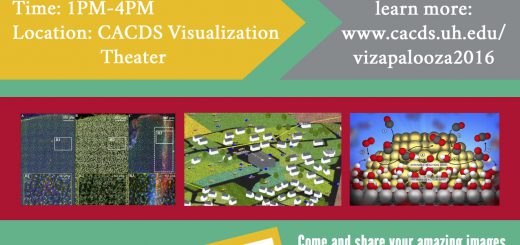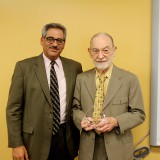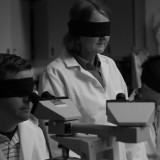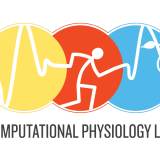Ethics in Science Lecture Series: Insane Asylums and Genetics: How Human Heredity Became a Data Science
 Speaker: Theodore Porter, Ph.D., University of California Los Angeles
Speaker: Theodore Porter, Ph.D., University of California Los Angeles
Date: Friday, February 17, 2017
Time: 11:00 am to 12:30 pm
Cost: FREE and open to the public
Location: Philip G Hoffmann Hall, Room 232 (PGH-232) Main Campus, University of Houston
Contact and Phone Number: Ioannis Pavlidis, Ph.D., 713-743-0101
Link: http://www.uh.edu/ethicsinscience/Seminars/Theodore-Porter.php
Summary: When did the data of human heredity become an obsession? Long before genomics, even before the beginning of genetics, if we identify that science with the first recognition of Mendel’s work in 1900. The great obsession of human genetics ca. 1910 was the inheritance of mental illness and mental disability. These concerns go back to the first efforts to provide reliable hospital care for the insane in the early nineteenth century. The promise to cure most of the insane did not work out, and soon asylum doctors began shifting their hopes to elimination of the causes of insanity, on which they kept going back to about 1810. Right from the beginning, heredity was the cause they found most interesting and most believable. That is, their data suggested, the solution of discourage marriages of the insane. What began as routine medical-administrative recording gradually turned to serious inquiry. Asylum doctors helped carry out censuses of the insane, developed tools to investigate the families of their patients, calculated probabilities of mental illness in offspring based on their ancestry, compiled pedigrees of insanity, and adopted filing technologies based on data cards. The new statistics and the new genetics of the early twentieth century depended on data and even research methods from these institutions. This history requires us to think of human genetics differently, not as a basic science that could be applied to medical and psychiatric issues, but as a response to pressing worries that succeeded over time in generalizing its methods and understandings
Biography: Theodore M. Porter is professor of history at UCLA. His books include The Rise of Statistical Thinking, 1820-1900 (1986), Trust in Numbers: The Pursuit of Objectivity in Science and Public Life (1995), and Karl Pearson: The Scientific Life in a Statistical Age (2004). His next book, tentatively titled The Unknown History of Human Heredity, is about to go into press at Princeton University Press. He began his career with a postdoc at Caltech and taught for six years at the University of Virginia. His visiting appointments include the Center for Interdisciplinary at the University of Bielefeld, Germany, the Center for Advanced Study in the Behavioral Sciences at Stanford, and the Wissenschaftskolleg zu Berlin / Berlin Institute for Advanced Study.














